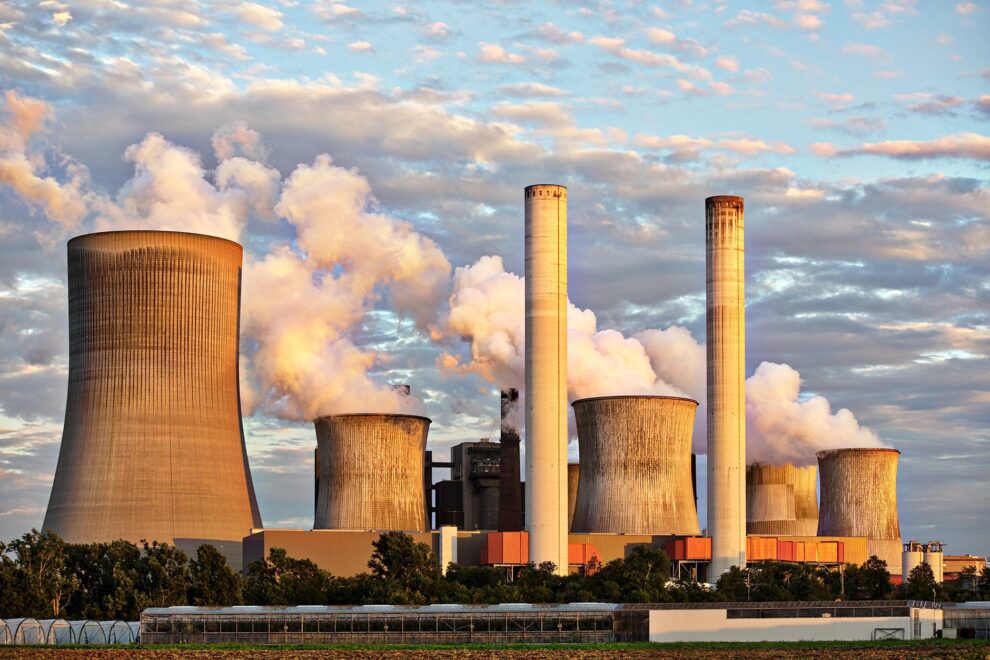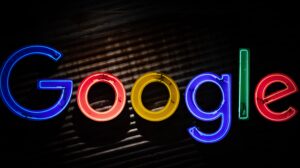Wind and solar energy have been the central theme in the push for clean and renewable energy. Nuclear power advocates are now pushing for the inclusion of nuclear power, reiterating it is a cornerstone of clean energy policies capable of addressing climate change.
Nuclear Power Death
The push for nuclear energy as a reliable form of energy stems from nuclear reactors’ development that the proponents insist are safer and more cost-competitive. While the US leads when it comes to nuclear energy generation, there are growing fears about nuclear energy future.
Two out of three nuclear power reactors are poised for retirement. With construction for new reactors unlikely to happen owing to safety concerns, nuclear energy might as well be on its death bed. A surge in costs for building new plants compounded by cost overruns and project delays have all but given nuclear energy negative publicity.
Deregulation Standstill
A shift of focus from nuclear energy comes amid revelations that US consumers are yet to reap the full benefits of the much-touted deregulation of the electricity industry ten years down the line. Deregulation of the energy industry has done little to reduce the amount of power bills that US consumers pay.
A new report by the Wall Street Journal indicates that consumers ended up paying $19.2 billion more from 2010 through 2019 despite being promised lower bills with deregulation. Retail energy companies which buy electricity from power plant operators and end up selling to consumers have ended up billing consumers more than initially promised. The fact that the retail energy incumbents charge more than their incumbent utilities continues to raise concerns.
energyOrbit and Ekotrope Efficiency pact
Separately energyOrbit and Ekotrope have inked a strategic partnership to help utilities streamline energy efficiency programs. The integrations will allow utilities or third-party administrators to factor rating data in energy efficiency programs.
With the partnerships, consumers will soon benefit from efficiently tracking and managing cost-effective measures to protect the environment. Likewise, Ekotrope and energyOrbit estimate potential 60 to 80% times savings through their integrated solution.










